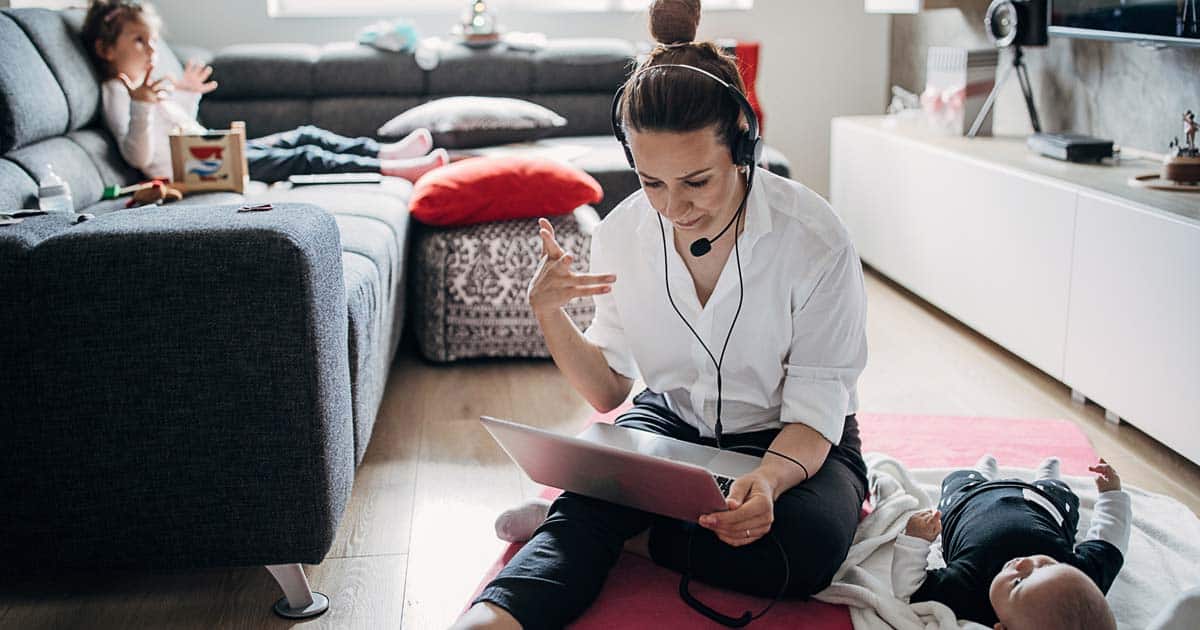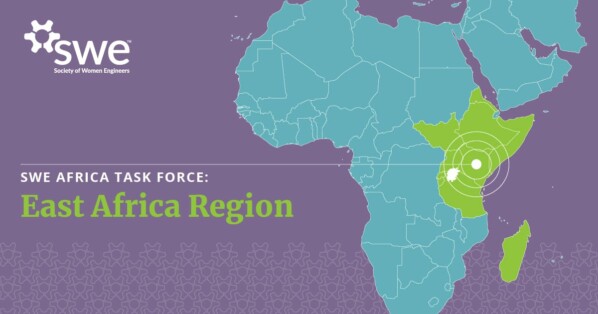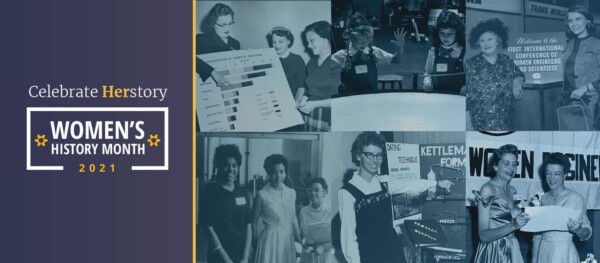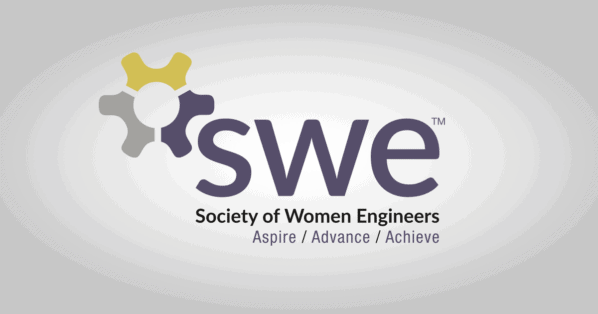The Society of Women Engineers (SWE) has released a new COVID-19 report based on the survey responses from its collegiate and professional members. This report demonstrates the on-going impact of the pandemic on the lives of SWE members. For instance, 55% of women and queer/non-binary students reported having difficulty with school-life balance. Professional members also expressed taking on more responsibility of caring and educating family members compared to their partners. As Figure 1 demonstrates, a similar proportion (51%) of women and queer/non-binary members in this year’s survey took on all or most of the educational responsibilities of their school-age children as those who responded in last year’s survey. Additionally, a slightly higher proportion of this year’s survey respondents compared to last year’s survey respondents indicated they took on most or all of the responsibilities of caring for their adult dependents. These additional care-taking roles seem to take a toll on SWE professional members, as a majority (58%) of them expressed not being able to concentrate on their job due to the impact COVID-19 had on their personal lives.
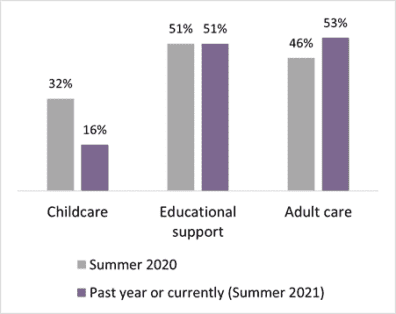
At the same time, we observed a shift in how workplace organizations have adapted their employment arrangements after a year into the pandemic. Of the students who reported receiving a summer internship offer, 71% indicated that their internship was either in a completely remote or hybrid environment. Similarly, most (86%) professionals reported they can still work remotely. Moreover, many professional members indicated that their workplace organizations have provided them with multiple supports, including the ability to adopt flexible work schedules, during the pandemic. According to recent articles, flexible work arrangements seem to be a desirable benefit that all workers, including those with and without children, hope stays even after the pandemic is over. In turn, these types of flexible work options can be a way for engineering and technology companies to retain women, especially working mothers, in the workforce.
To learn more about the experiences of women and queer/non-binary members who participated in this year’s COVID-19 survey, interested readers can download the 2021 COVID-19 Member Report from the SWE Research site. SWE also surveyed members of the Corporate Partnership Council (CPC). The CPC report, as well as last year’s COVID-19 survey reports, are also available on the SWE Research site.
Author
-

Ursula Nguyen is a doctoral candidate in STEM Education at The University of Texas at Austin. She has a BS in Biomedical Engineering from UT-Austin. Prior to returning to UT, she was a first-grade Bilingual math and science teacher in Houston, TX. There, she was also the first-grade Math lead at her school. Her research interest on issues of equity in STEM education at the intersection of race/ethnicity and gender stems from her experiences as both an educator of STEM subjects and as a past engineering student. Currently, she is a graduate research assistant for Dr. Riegle-Crumb and a graduate research intern at SWE.

